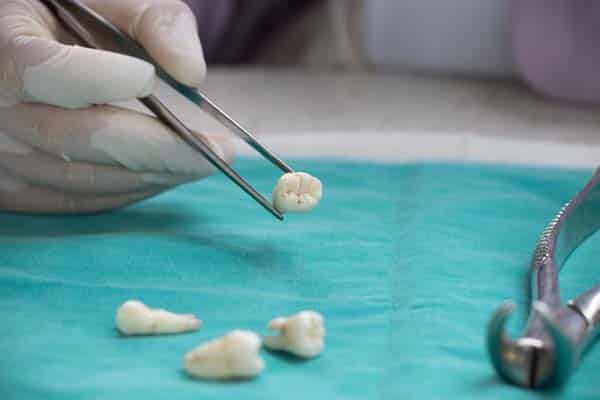Preventative dentistry is a branch that focuses primarily on keeping dental issues at bay. Preventing dental issues is cheaper than treating them, and you do not have to deal with the pain and discomfort that comes with oral problems when you stop them from developing in the first place.
Preventive dentistry starts with educating patients about the importance of oral hygiene and teaching them good dental hygiene habits. Good oral hygiene includes brushing teeth at least twice a day and flossing interdental spaces once daily. A good antibacterial mouthwash can provide additional protection against dental issues like tooth decay or gum disease.
Our dentist explains how preventive dentistry prevents cavities
Cavities are one of the most common issues that dentists treat, and good oral hygiene goes a long way when it comes to preventing them. Limiting how often the teeth are exposed to sugar also helps prevent cavities. Oral bacteria consume these sugars and excrete acids that eat away at teeth structures, creating tiny holes called cavities. Popular treatments that a dentist might recommend to keep the teeth cavity-free include the following.
1. Dental sealants
These can prevent tooth decay. The varnish-like material is painted over teeth surfaces, and it forms a barrier that protects teeth from the acids made by oral bacteria. Sealants are an affordable dental treatment, and they can protect teeth from decay for up to three years. Sealants can also be topped up as needed, so it remains effective in the fight against tooth decay.
Sealants are primarily used to protect the molars of children. These are more susceptible to decay than the other teeth because they are the most complicated teeth to clean, and most children are still developing proper brushing techniques.
2. Fluoride treatments
Fluoride treatments can prevent tooth decay and reverse the first stage of decay, called the demineralization stage. It is a quick treatment that can be completed within a few minutes, yet it can protect teeth from decay for up to six months.
The treatment involves asking the patient to bite down on a mouth tray filled with fluoride. The mouth tray is kept in their mouth before being removed.
3. Teeth cleanings
These are a part of routine dental checkups, and they help prevent cavities and gum disease. The treatment involves using a metal scaler to remove tartar from the patient’s teeth. Tartar is calcified plaque that cannot be removed by brushing or flossing. It contains bacteria and the acids that they produce, which lead to tooth decay.
The American Dental Association recommends getting teeth cleaned at least two times each year. The procedure also includes examining the patient’s teeth, which helps in the early detection of tooth decay.
Our dentist can help with cavity prevention
Are you ready to protect your teeth against cavities? Give us a call or visit our Boulder clinic to set up an appointment with our dentist.
Request an appointment here: https://www.peakviewdentistry.com or call PeakView Dentistry at (303) 578-5800 for an appointment in our Boulder office.
Check out what others are saying about our dental services on Yelp: Preventative Dental Care in Boulder, CO.




